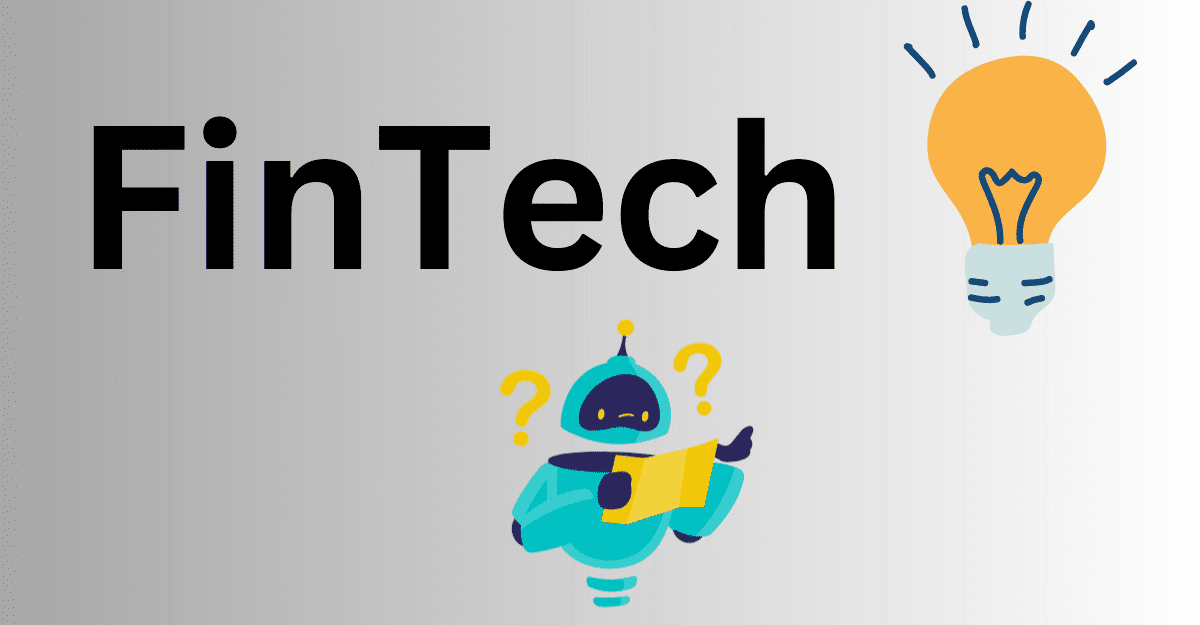
Fintech
FinTech stands for financial technology. This word is usually used to describe software, projects, and companies that comprise both the financial domain and technological advancements.
Some examples of such projects are a mobile banking app, a crypto wallet, a custom loan management system, and an investment analysis app.
The world of economy is very changeable. It’s prone to economic recessions, market fluctuations, and political influence. In this environment, enterprises and startups try to implement the best risk-management policy to protect and enhance their finances. In this condition, technology can offer a lot of opportunities for automating risk management, staying ahead of the competition, and improving security.
Banks are natural key players in the market when it comes to both funding fintech projects and implementing recent technological innovations. However, the industry is not limited to banking software development. The XXI century is known for the boom in innovative blockchain-based startups and the increase in automation demand for enterprises.
The fintech market is estimated at $179 billion in 2023 and is predicted to continue growing. At this moment, fintech investments are definitely on the rise.
So, what can technology offer to the finance industry today? The list of possible applications is quite broad, but it’s more than that. The listed technologies are becoming increasingly integrated and interconnected, allowing the creation of unique and very powerful software for finance companies. There are many use cases for fintech solutions in the BFSI sector.
Let’s take a look at the most prominent of these solutions.
Machine Learning (ML) Algorithms and Artificial Intelligence (AI)
No, we are not talking about asking ChatGPT to give you financial advice. Quite the opposite, we strongly recommend not to base your company decisions on a compilation of results in a search engine. What can help to actually receive valuable insights for decision-making is AI/ML software that was trained to analyze and predict the patterns of the corporate data of your specific company. AI/ML-based solutions have huge potential to generate a lot of additional value. At this stage, there are many ready-developed frameworks for finance machine learning models. In some cases, the only thing left to do is to train the model on your company’s data.
Big Data Analytics
The finance industry generates lots of data, and not all of this data is structured. This is where Big Data comes into play. Big Data offers many benefits to BFSI companies. By analyzing customer behavior, companies can offer more personalized products and services. Another important benefit involves enhanced security. Big data is actively being used for improved fraud detection by noticing irregular patterns in transactions or transactions from an unexpected location. Many Big Data solutions involve implementing ML/AI algorithms. Of course, Big Data benefits are based on cloud computing and wouldn’t be possible with on-premise infrastructure.
IoT Asset Tracking
Financial asset management software views investments and loans as assets. At the same time, IoT-based asset management can be used to track expensive real-world assets through sensors. This solution is feasible if the assets tracked are valuable enough to cover the costs of sensors attached to them. The best examples are cars and equipment. Insurers and banks are using IoT solutions to improve risk predictions for their customers and themselves.
NFTs
Non-fungible tokens are backed by unique real assets, and, therefore, by buying them, the customer buys the right to own the asset itself (a so-called proof of ownership). NFT marketplaces allow parties of both sides to buy and sell unique works of art, games, code, tickets, and whatnot. The process is made possible by smart contracts – programs that automatically execute the code after the required actions are done by the parties. At this stage, NFTs are not fully recognized by the legal systems, but this will inevitably change in the future. Still, many artists and creators use NFT platforms to find customers ready to pay for their work.
More on Blockchain
Blockchain definitely deserves all the attention it gets from all the market players and the general public. Peer-to-Peer (P2P) solutions allow businesses to make and receive payments without a 3rd party (usually a bank or a transaction platform). P2P systems can be used for payments but also for fundraising. Peer-to-Peer approach shares its philosophy with decentralized finance (DeFi) solutions. The DeFi process uses secure distributed ledgers to ensure security and immutability based on P2P transactions. What’s more, companies nowadays can create their own cryptocurrency or simply use blockchain along with traditional paying methods.
Conclusion
It seems that fintech will continue adopting and leveraging technology innovations allowing customers and users to benefit from fast transactions and automated, low-cost services. The future of fintech is definitely bright and interesting. There are many use cases of technology in the finance industry. It’s crucial to constantly improve our knowledge of new advancements and practice lifelong learning to stay up-to-date.






